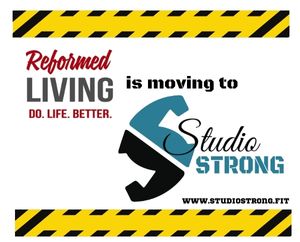Technically, Non-Technical Fasting Terms

So much jargon is thrown around with terms so steep in medical that common understanding of the process takes a rocket scientist.
I hope to clarify this with simpler Fasting terms (though not 100% medically correct)
When we refer to fasting this is what others say:
Intermittent Fasting (IF) – An eating pattern where you intentionally cycle between eating and not eating
Time-Restricted Eating (TRE) – Fasting which focuses on the hours in which you can eat during a fast (same as IF)

These are terms you will hear when talking about digestion/fasting
- Digestion – The process of your body breaking down food/drinks to provide fuel and nutrients to cells
- Metabolism – Transforming fuel into energy to maintain bodily functions
- Glucose – Simple sugar, a subcategory of carbohydrate
- Insulin – A hormone that helps glucose (simple sugar) enter cells to give them energy
- Ketones – When glucose drops liver produces these as an alternative energy source to glucose
- Ketosis – When your body breaks down fat and uses it as fuel
- Autophagy – Your body breaking down (old/broken) cells to reuse or eliminate ( a very necessary process for “taking out the trash.”)

What happens when you eat?
- English Version
When you eat, you are digesting food. Digesting is breaking down and absorption of nutrients. For a typical diet (not keto diet), this releases sugars. These sugars are used by your body to maintain itself. When sugars are not available, your body uses fat stores.
- Body Processes Terminology Version
When eating – Glucose Metabolism
Digestion=>Metabolism=>Glucose=>Insulin=>Cell Fuel (Energy) (fewer benefits)
What happens when you fast?
- English version
You are hungry for a while, then you are no longer hungry. In the meantime, your body uses fat stores as fuel and your body repairs itself.
- Body Processes Terminology Version
When fasting (for long enough) – Ketosis Metabolism
Metabolism=>Ketosis=>Cell Fuel (Energy)=> Then, later=> Autophagy (& many other benefits)
